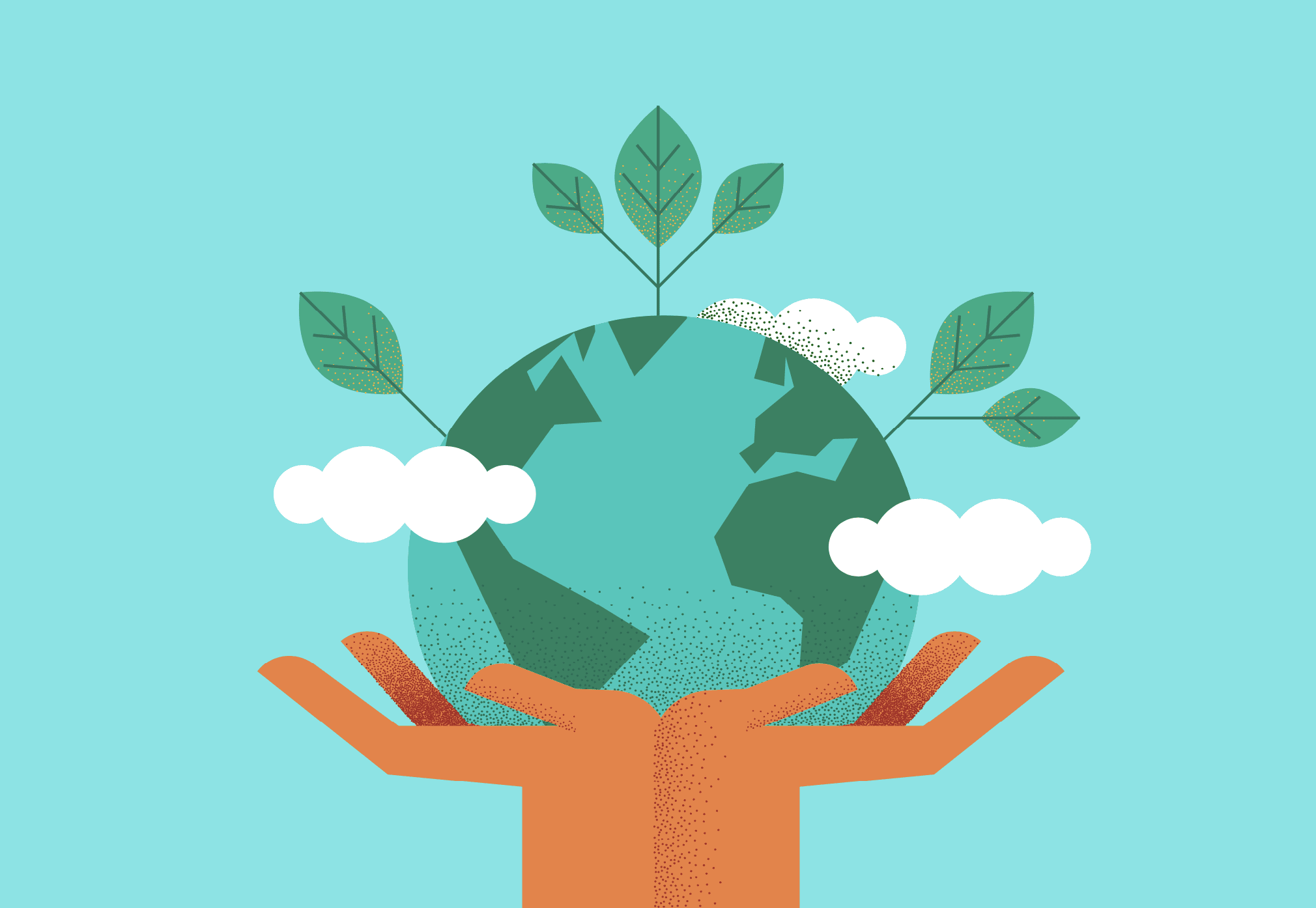Earth Day 2021 – Small Changes That Make A Big Difference
April 22nd is Earth Day. Earth Day highlights the importance of clean air, water and land, and ultimately the protection of our planet. As we know, air pollution and climate change have numerous links to health problems, but climate change will also cause significant social problems.
The UN International Organisation for Migration (IOM) states that there could be between 25 million to 1 billion environmental migrants by 2050. This is people fleeing their countries away from environmental devastation.
As organisations are now increasingly being held accountable for the impact they have on their community and overall society, we begin to see more businesses accounting for the effects they have on the environment.
For example, within the construction sector, we are seeing more business tackling issues around reducing waste and using sustainable materials. In turn, more tenders are placing expectations on suppliers to state how they will meet environmental and sustainability goals. This increasing trend of sustainability is a promising step in the right direction.
It is true that individual efforts are not as impactful as the effect massive corporations can have on climate change, but, we can still incorporate small changes to our day to day lives that make a subtle difference:
- Repairing what we already have: This could be anything from repairing a torn jacket to repairing a washing machine. This approach is more sustainable than throwing it into landfill. Organisations that are responsible for repairs and maintenance, such as the housing sector, should be praised and measured on instances where they complete sustainable repairs. Further, retrofits of buildings is more sustainable than tearing the building down and replacing it with a brand new one.
- Moving to a plant-based diet, at least some of the time: Agriculture contributes a significant share of the greenhouse gas (GHG) emissions that are causing climate change – 17% directly through agricultural activities and an additional 7-14% through changes in land use (Organisation for Economic Co-operation and Development). Reducing our consumption of these products, or opting for sustainably sourced alternatives, lowers the demand for these practices that are detrimental for the planet. We can measure our impacts by calculating days where we follow a plant-based diet.
- Reducing our overall consumption and waste: Thinking about whether we actually need something before we purchase can help stop unnecessary purchases. Further, considering what and how we throw away is also vitally important. Recycling of goods should always be the first step – can this be reused? Recycled? Or donated?
- Walking more: Walking or cycling where possible instead of opting for driving or even public transport can significantly reduce the amount of CO2 production we are responsible for. We can measure this reduction by calculating distance against CO2 created for equal distance via car/train/bus. Further, opting for shared vehicle alternatives is also a positive way to reduce CO2.
- Switching to green energy providers: The more organisations and households who make this switch increase the demand for green energy and in turn more renewable energy projects are built to meet this demand. Installing renewable energy sources can also create financial savings for organisations, for example, the grid pays back money to users who have created energy through solar panels.
How can we measure this?
When it comes to measurement, there are a number of ways we could measure the changes involved in the above examples. For example, we can measure money saved through renewable energy installations or we could measure CO2 reduced through choosing to walk instead of drive. There exists a variety of different frameworks you can use to go into greater detail as well depending on what your stakeholders want to know. We’ve compiled a list of them here.
What this means for social value
Social value is about more than just measuring wellbeing or the social return on investment of a project. It’s about looking at how organisations can best utilise their resources to deliver real changes within communities that cover Environmental, Social and Governance factors instead of just profits.
When organisations place a focus on the environment, we begin to see positive changes in society. There is no financial value or proxy that is worthy of damage to the planet we live on and that is why we advocate for a shift in reporting without relying solely on monetary values.
For any business looking at making a difference, taking even the smallest of steps toward considering social and environmental impacts this Earth Day brings us closer to achieving the 17 Sustainable Development Goals (SGDs) set out by the United Nations to achieve a better and more sustainable future for all by 2030.
